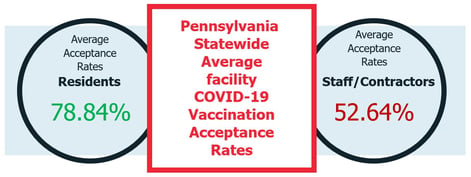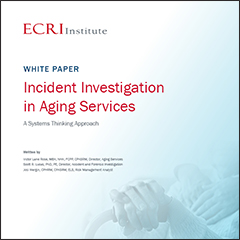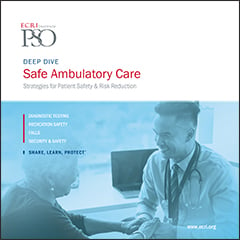The COVID-19 pandemic has focused attention on healthcare emergency preparedness and response demonstrating real-time, the correlation between emergency preparedness and the safety and quality of care and services. But emergency preparedness did not begin with the pandemic—nor do the lessons stop there. The pandemic provided sobering evidence that these correlations exist beyond acute care, as demonstrated in other settings such as ambulatory and especially aging care.
Other highly-disruptive forces have increased the urgency for more robust emergency planning and response across the all care settings. An increasing frequency of threats from potentially life-threatening emergencies such as hurricanes, tornados, wildfires, severe flooding, and even cyberattacks now need consideration in every provider organization’s emergency preparedness and response efforts.
Any of these emergencies and related hazards require organizations to move from routine to non-routine operating environments. The ensuing disruption of continuity of care and services leads to a myriad of risks and opportunities for harm.
A critical area of operations which is often overlooked until an emergency occurs is purchasing and supply chain management—and when an emergency occurs it’s too late to effectively respond. Not having the right types and amounts of medications, supplies, and equipment available when needed creates real harm for not only persons served, but also the workforce who shoulders the burden of delivering the care and services throughout an emergency. Additionally, these risks extend enterprisewide, opening up an organization to real financial and reputational harm.








